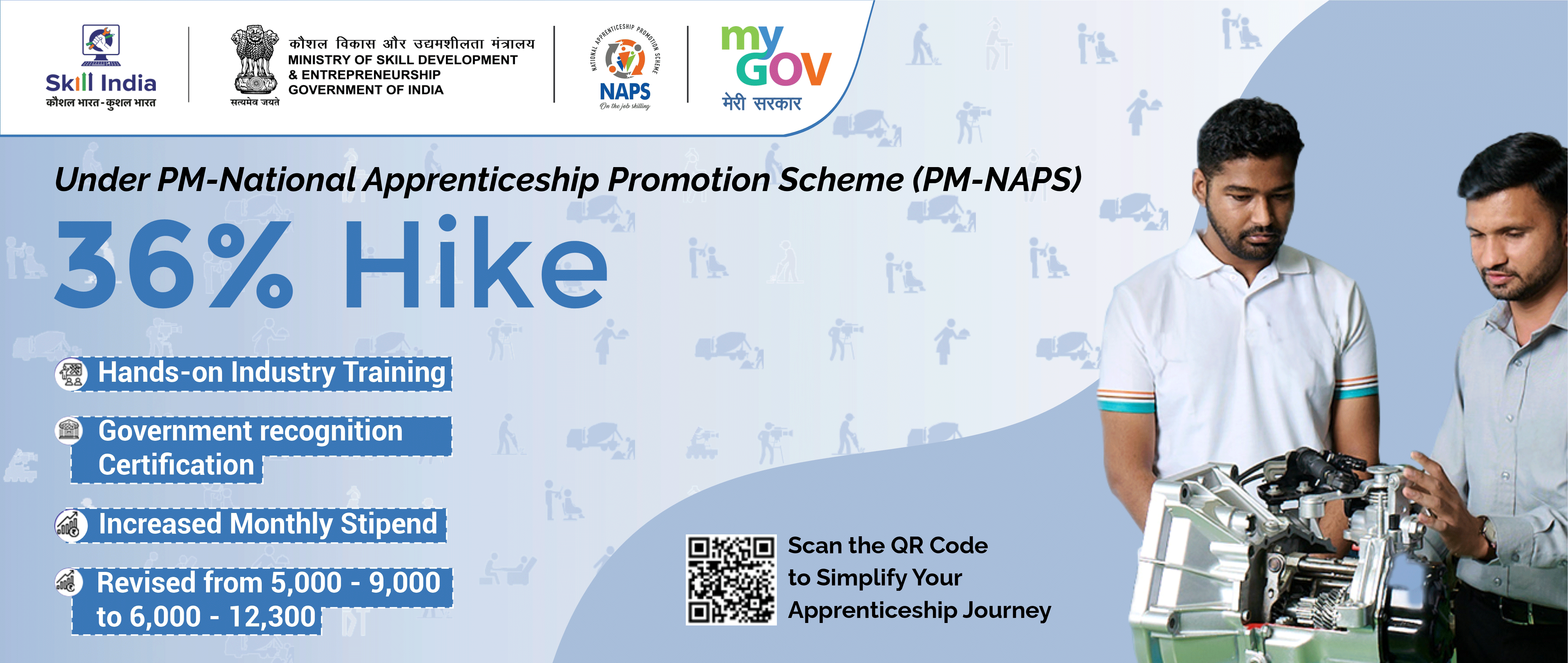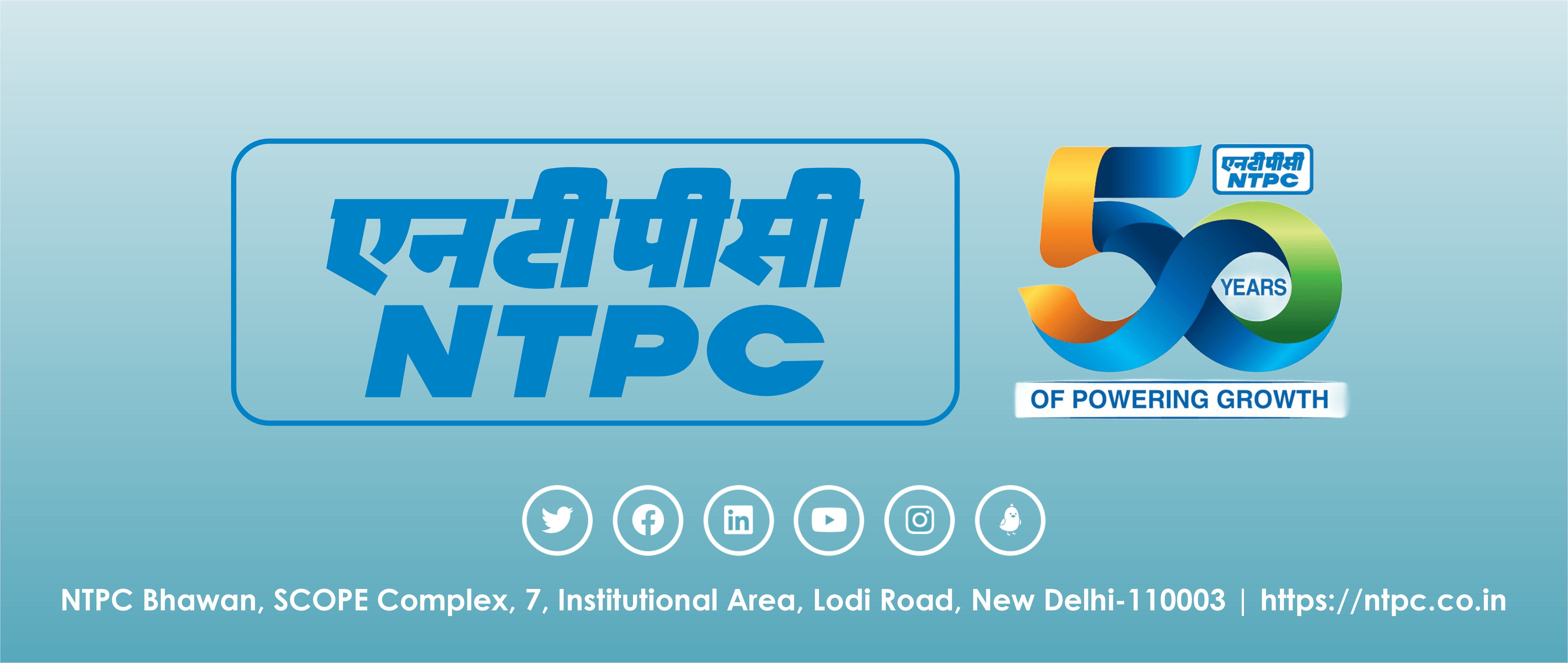TO RECIEVE EXCLUSIVE POSTS AND NEWS
Must Read
PM's agri committee: officers to be selected on rural track records
By IndianMandarins- 17 Jun 2019
1361Officials have begun pitching for inclusion in the top-level
committee to be formed soon for drafting a blueprint for structural reforms in
agriculture. Since this new committee would have several central ministers and
CMs like the previous GST Council and committees, all senior officers are vying
for a place on the committee. Since its formation may take a while, Niti Aayog
vice-chairman Rajiv Kumar and CEO Amitabh Kant may like to pick up officers who
are more tuned with the PM's vision. The formation of the committee was announced by the PM during
the fifth governing council meeting of the Aayog. On the Agenda of
the meeting were the following items: Transforming Agriculture: Need For Structural Reforms With
Special Emphasis On Reforming Agriculture Produce Marketing Committee (APMC)
Act; and Essential Commodities Act (ECA)
The following
additional items were also there: The Prime Minister called upon all the CMs, except a few
absentees, to reform the agri-economy to generate employment and improve rural
terms of trade. The core agenda items included the need to review the
implementation of the Agriculture
Produce Marketing Committee (APMC) Act and possible reform in the form of the
Model APMC Act as well as exploring changes in the Essential Commodities Act,
to ensure fair remuneration for the farmers, streamlining of supply, driving
more investment into the sector and predictability of policy at national and
regional levels. The PM emphasized the need for undertaking structural reforms
in agriculture including encouraging corporate investment, strengthening
logistics and focusing on food processing. NaMo appreciated the efforts of the States towards water
conservation and urged all States to streamline and implement innovative water
management measures. The creation of the Ministry of ‘Jal Shakti’, he pointed
out, was a key step by the Union Government to develop an integrated and
holistic perspective on the water as a developmental resource. There was broad consensus on reducing water wastage,
promoting efficient water conservation practices across States, with rain-water
harvesting to be undertaken at the household and community level with proactive
policy and investment support. Various Chief Ministers presented best practices
from their respective states which can serve as templates for replication
across the country. Many States such as Maharashtra, Rajasthan, Telangana,
Gujarat, and Karnataka have adopted good practices in water conservation and
rainwater harvesting. Some innovative steps include the Jalyukt Shivarin
Maharashtra which made 11,000 villages drought free, Mukhya Mantri Jal
Swavalamban Abhiyaan which resulted in five feet rise in groundwater in 21
districts, and Mission Kakatiya in Telangana which irrigates 19 Lakh Acres.
Similarly, Sujalam Sufalam in Gujarat and artificial recharge scheme in
Karnataka show that determined action produces good results. The spirit of the
meeting was to build on the strength of every State so that each State can
learn from the innovation and best practices of other States. The Governing Council also reviewed the implementation of the
Aspirational Districts Programme, which has emerged as a major policy
innovation in driving inclusive growth. Rapid progress has been achieved across
all Aspirational Districts that have participated in this program in 49 key
performance indicators of human and social development. Various Chief Ministers
noted the success of the program in their respective States and discussed
possible schemes for extension of the program to rapidly develop blocks in
remote and difficult areas so that the spirit of inclusive development is
effectively enforced. The Prime Minister commended the district administration
teams on implementing several ‘out-of-the-box’ ideas in the Aspirational
Districts resulting in significant transformation in many districts. The Prime Minister also reaffirmed the commitment of the Government
to combat Left Wing Extremism (LWE), noting that many of the aspirational
districts are affected by Naxal violence. He assured the Council that the
Ministry of Home Affairs will coordinate with all affected States to decisively
end LWE violence and drive the agenda of development in these regions. To achieve the goal of becoming a five trillion dollar
economy by 2024, the Prime Minister urged States to aim at increasing their
economy by 2 to 2.5 times, which would also increase the common man’s purchasing
power. He called upon Chief Ministers to study their State's export potential
and work on export promotion. Central ministers and state chief ministers also discussed
ways of boosting manufacturing activities and exports to realize the goal of
the Indian economy expanding to $5 trillion by 2024. At the beginning of the
meeting, Modi had urged all states to work together to tackle socio-economic
problems and to make India a $5 trillion economy by 2024, which he said was a
"challenging, but achievable" goal. "We cannot be a $5 trillion economy unless states become
champions in manufacturing and exports," Niti Aayog chief executive
officer Amitabh Kant said. Rajiv Kumar said India's potential to make gains in the
global market should be tapped. "Given what is going on in the global
economy today, this is the time we should make the effort to benefit from the
gaps emerging in the supply chain in global markets." Kumar also said the Centre will find the contribution of
state chief ministers in the Council meeting useful for the Union Budget for
FY20, which will be presented in the first week of July. The Council also discussed ways of accelerating developments
of the J&K economy. Mining states such as Goa brought the attention of
central ministers to their declining mining output. North Eastern states sought
logistics support for exporting to other Asian economies. Punjab chief minister
Capt. Amarinder Singh, who could not attend the meeting as he was indisposed,
circulated his speech at the meeting, seeking the Central government's support
for tackling the water crisis. Singh sought a one-time debt waiver to mitigate
the distress of indebted farmers and double the annual assistance under the
PM-KISAN scheme to ₹12,000 for farmers. He also sought inclusion of farm
workers under this scheme.
Readers' Choice
R K Sharma is the new Rajasthan DGP 30 Jun 2025
Centre swings surprise, Gujarat DGP gets extension in service 30 Jun 2025
Tenure of Chhattisgarh Chief Secretary extended 30 Jun 2025
Rajesh Kumar appointed as Chief Secretary of Maharashtra 30 Jun 2025
Saswata Mishra appointed Principal Secretary to Odisha CM 30 Jun 2025
PM's agri committee: officers to be selected on rural track records
By IndianMandarins - 2019-06-17 12:09:40

Officials have begun pitching for inclusion in the top-level
committee to be formed soon for drafting a blueprint for structural reforms in
agriculture. Since this new committee would have several central ministers and
CMs like the previous GST Council and committees, all senior officers are vying
for a place on the committee.
Since its formation may take a while, Niti Aayog vice-chairman Rajiv Kumar and CEO Amitabh Kant may like to pick up officers who are more tuned with the PM's vision.
The formation of the committee was announced by the PM during the fifth governing council meeting of the Aayog.
On the Agenda of the meeting were the following items:
Transforming Agriculture: Need For Structural Reforms With Special Emphasis On Reforming Agriculture Produce Marketing Committee (APMC) Act; and Essential Commodities Act (ECA)
The following additional items were also there:
- Rain-Water Harvesting
- Drought Situation and Relief Measures
- Aspirational Districts Programme – Achievements And Challenges
The Prime Minister called upon all the CMs, except a few absentees, to reform the agri-economy to generate employment and improve rural terms of trade.
The core agenda items included the need to review the implementation of the Agriculture Produce Marketing Committee (APMC) Act and possible reform in the form of the Model APMC Act as well as exploring changes in the Essential Commodities Act, to ensure fair remuneration for the farmers, streamlining of supply, driving more investment into the sector and predictability of policy at national and regional levels.
The PM emphasized the need for undertaking structural reforms in agriculture including encouraging corporate investment, strengthening logistics and focusing on food processing.
NaMo appreciated the efforts of the States towards water conservation and urged all States to streamline and implement innovative water management measures. The creation of the Ministry of ‘Jal Shakti’, he pointed out, was a key step by the Union Government to develop an integrated and holistic perspective on the water as a developmental resource.
There was broad consensus on reducing water wastage, promoting efficient water conservation practices across States, with rain-water harvesting to be undertaken at the household and community level with proactive policy and investment support. Various Chief Ministers presented best practices from their respective states which can serve as templates for replication across the country.
Many States such as Maharashtra, Rajasthan, Telangana, Gujarat, and Karnataka have adopted good practices in water conservation and rainwater harvesting. Some innovative steps include the Jalyukt Shivarin Maharashtra which made 11,000 villages drought free, Mukhya Mantri Jal Swavalamban Abhiyaan which resulted in five feet rise in groundwater in 21 districts, and Mission Kakatiya in Telangana which irrigates 19 Lakh Acres. Similarly, Sujalam Sufalam in Gujarat and artificial recharge scheme in Karnataka show that determined action produces good results. The spirit of the meeting was to build on the strength of every State so that each State can learn from the innovation and best practices of other States.
The Governing Council also reviewed the implementation of the Aspirational Districts Programme, which has emerged as a major policy innovation in driving inclusive growth. Rapid progress has been achieved across all Aspirational Districts that have participated in this program in 49 key performance indicators of human and social development. Various Chief Ministers noted the success of the program in their respective States and discussed possible schemes for extension of the program to rapidly develop blocks in remote and difficult areas so that the spirit of inclusive development is effectively enforced. The Prime Minister commended the district administration teams on implementing several ‘out-of-the-box’ ideas in the Aspirational Districts resulting in significant transformation in many districts.
The Prime Minister also reaffirmed the commitment of the Government to combat Left Wing Extremism (LWE), noting that many of the aspirational districts are affected by Naxal violence. He assured the Council that the Ministry of Home Affairs will coordinate with all affected States to decisively end LWE violence and drive the agenda of development in these regions.
To achieve the goal of becoming a five trillion dollar economy by 2024, the Prime Minister urged States to aim at increasing their economy by 2 to 2.5 times, which would also increase the common man’s purchasing power. He called upon Chief Ministers to study their State's export potential and work on export promotion.
Central ministers and state chief ministers also discussed ways of boosting manufacturing activities and exports to realize the goal of the Indian economy expanding to $5 trillion by 2024. At the beginning of the meeting, Modi had urged all states to work together to tackle socio-economic problems and to make India a $5 trillion economy by 2024, which he said was a "challenging, but achievable" goal.
"We cannot be a $5 trillion economy unless states become champions in manufacturing and exports," Niti Aayog chief executive officer Amitabh Kant said.
Rajiv Kumar said India's potential to make gains in the global market should be tapped. "Given what is going on in the global economy today, this is the time we should make the effort to benefit from the gaps emerging in the supply chain in global markets."
Kumar also said the Centre will find the contribution of state chief ministers in the Council meeting useful for the Union Budget for FY20, which will be presented in the first week of July.
The Council also discussed ways of accelerating developments of the J&K economy. Mining states such as Goa brought the attention of central ministers to their declining mining output. North Eastern states sought logistics support for exporting to other Asian economies. Punjab chief minister Capt. Amarinder Singh, who could not attend the meeting as he was indisposed, circulated his speech at the meeting, seeking the Central government's support for tackling the water crisis. Singh sought a one-time debt waiver to mitigate the distress of indebted farmers and double the annual assistance under the PM-KISAN scheme to ₹12,000 for farmers. He also sought inclusion of farm workers under this scheme.























